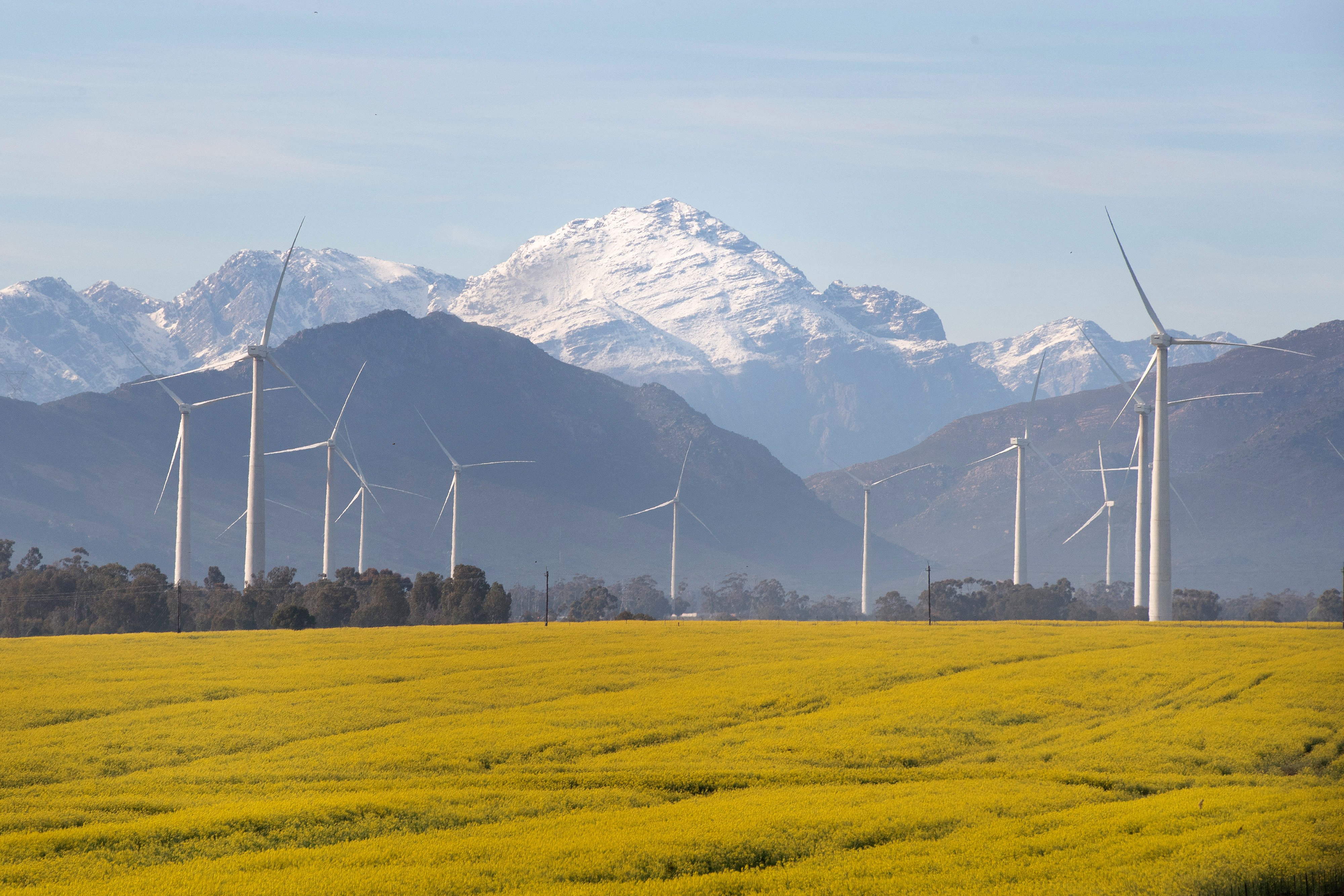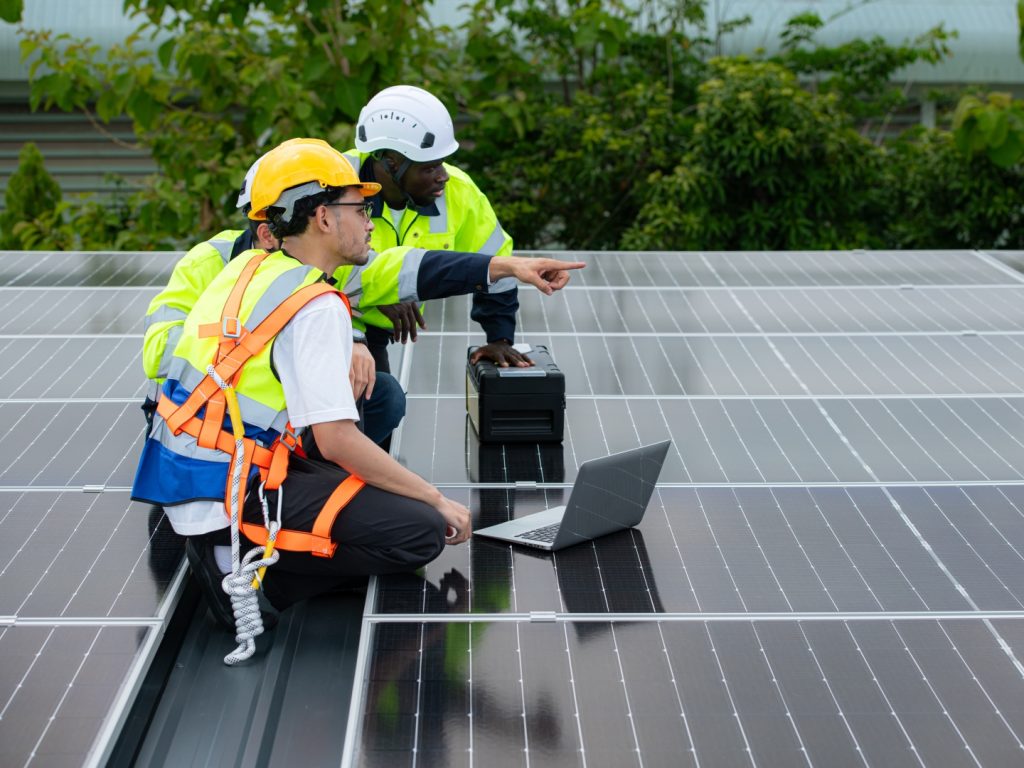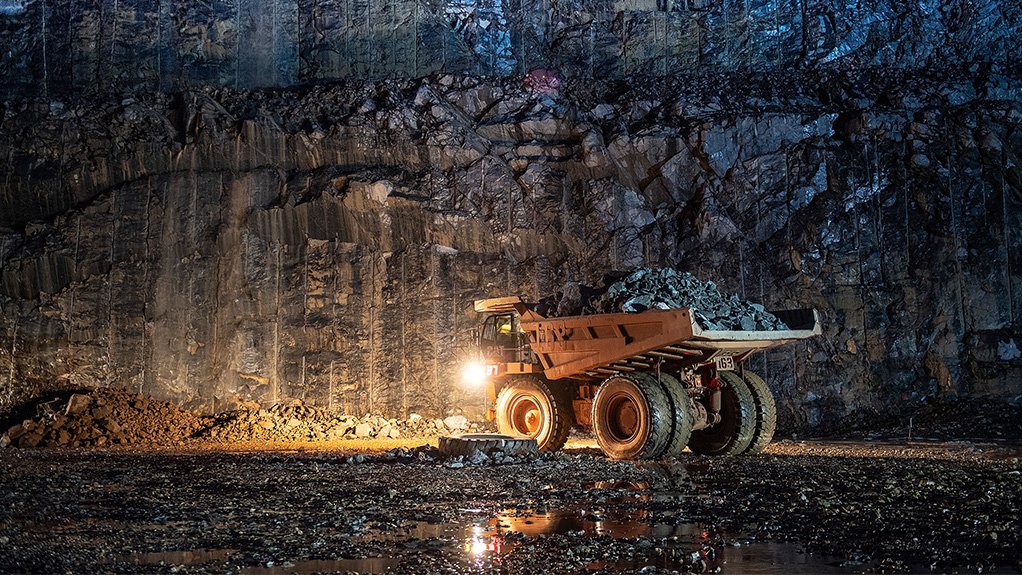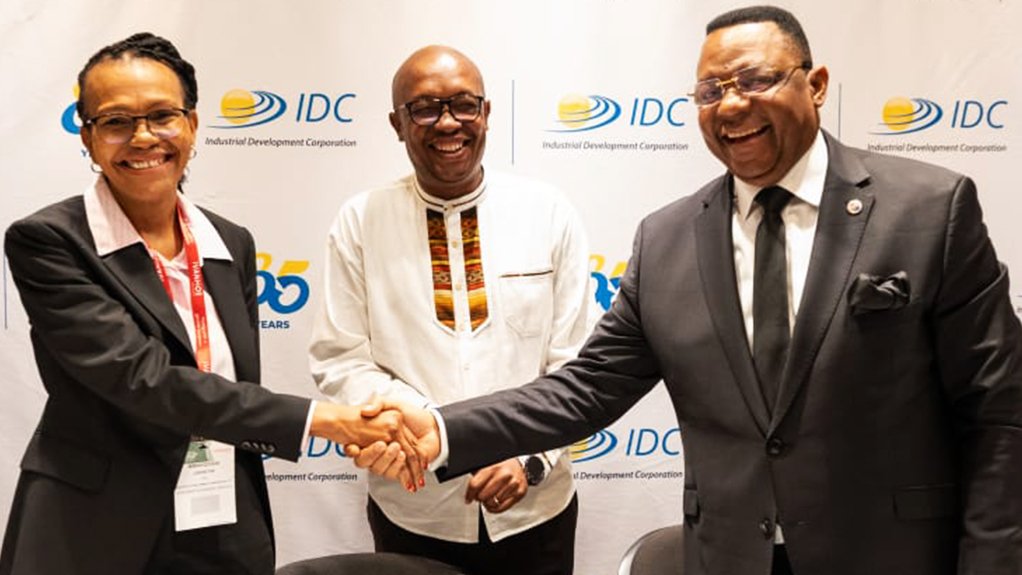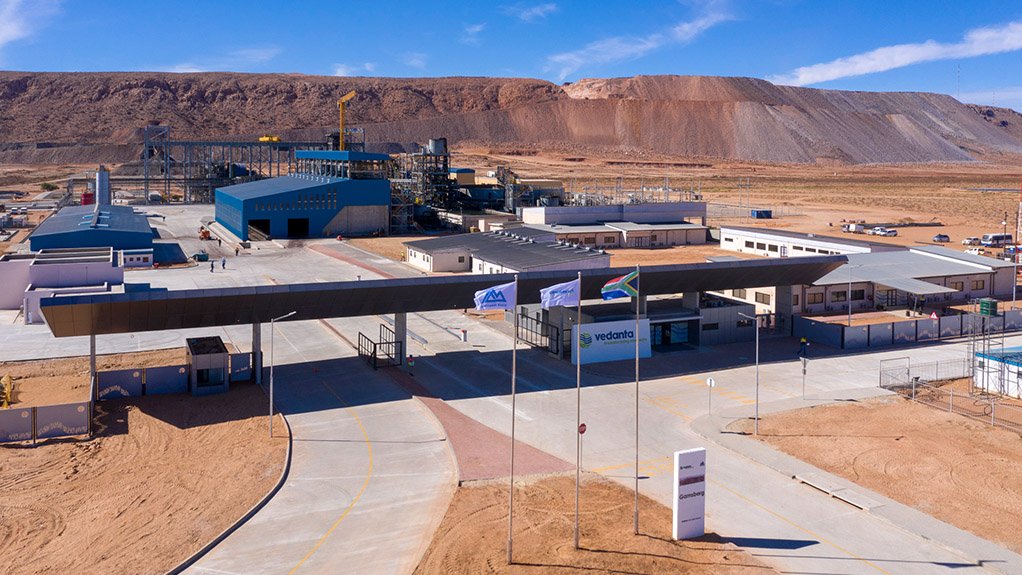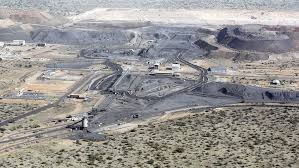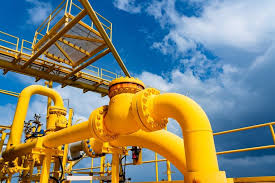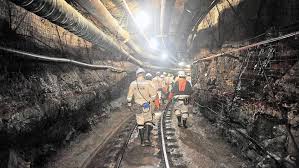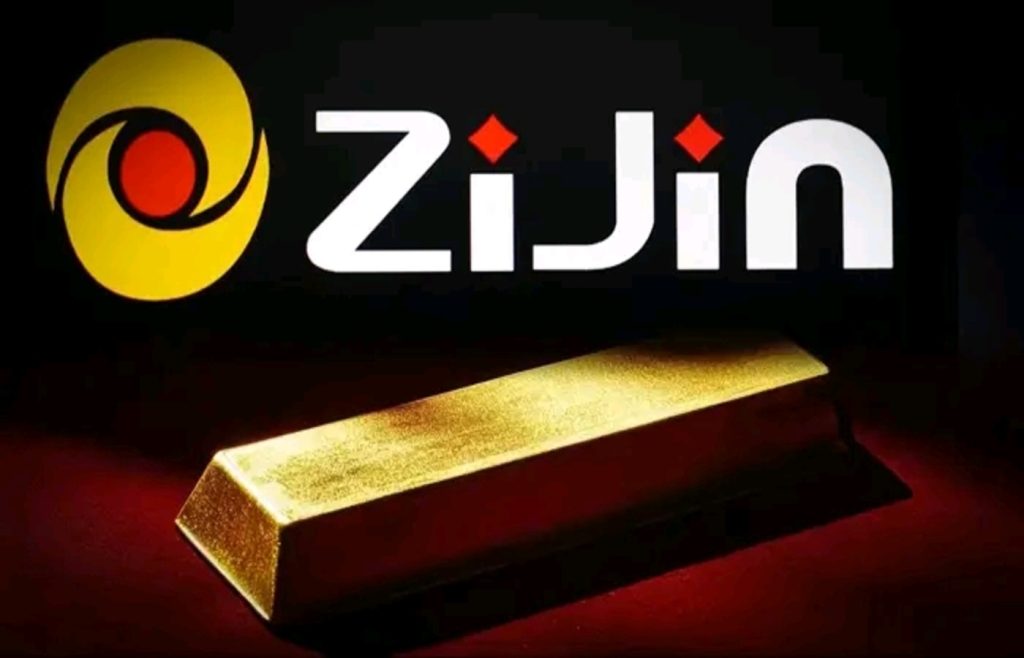Video News / Distribution
Sasol wants electricity trading licence to add ‘flexibility’ as it mulls equity in renewables ...
In an interview with Engineering News, which came as Nersa moved to finalise trading rules and Eskom mounted a legal challenge against the regulator’s decision to license five domestic traders in 2024, Baloyi said a trading licence would offer it flexibility as a large procurer and potential direct investor in renewables.
“For small and medium enterprises, we already have a JV with Discovery called Ampli Energy.
“Sasol is applying for a licence to sell to big corporates, which Ampli Energy doesn't deal with,” Baloyi explained, adding that it already supplies other utilities, such as steam and water, to companies that operate on its sites.
He argued that a trading licence would provide Sasol with greater agility as prices fluctuated in a future competitive market, and as it considered large electricity-intensive investments (such as electrolysers to produce hydrogen) that would seek to take advantage of periods when prices could turn negative.
For the immediate future, however, the group would seek to increase the supply of renewable electricity to its own fuels and chemicals operations, both to decrease its carbon emissions as well as to lower the cost of supply.
While it is persisting with its carbon-intensive process of producing gas from coal, which it then uses to produce fuels and chemicals, Sasol has announced plans to “turn down” coal-fired electricity plants to support its decarbonisation and replace these with renewable electricity.
Speaking during an earlier results presentation, CFO Walt Bruns reported that much pressure was being placed on the team responsible for introducing renewable electricity to meet the emission reduction roadmap, but also because “those electrons are value accretive versus the Eskom alternative”.
Sasol had concluded power purchase agreements with independent power producers (IPPs) for 920 MW of wind and solar PV electricity and had set a goal of securing 2 000 MW by its 2028 financial year.
Baloyi told Engineering News that it would not seek controlling equity but that it would take up positions in IPP projects in future, "to capture developer margins as well as the trading upside".
He also announced to stakeholders that progress was being made with government on the prospect of “recycling” carbon tax revenues towards energy-transition projects and that the policymaker had been receptive to its ideas.
“There's a stronger collaboration between government and businesses that is enabling an open and solution-focused dialogue that will unlock the energy transition in South Africa.
“We are also seeing positive momentum in the policy and regulatory space.
“This includes constructive engagement on the carbon tax framework and a positive policy signal for carbon tax recycling,” Baloyi said during the presentation.



